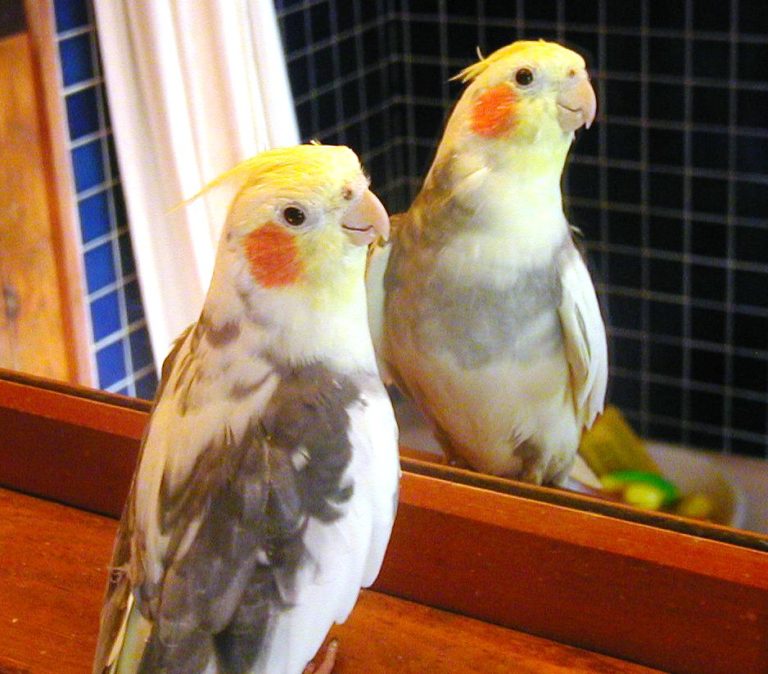Birds are among the top five pets commonly found in households. People prefer them for various reasons. Some like talking birds because they can be easily taught specific words, some want birds that come in pairs because they look good together. Others, are simply intrigued by a certain species, making them want one as a companion just because.
If you are thinking about getting a bird in the near future, you need to understand that they require a much different approach than what you’d for provide dogs, cats, or fish. Here are 6 things to know before getting a pet bird:
1. Birds are Noisy
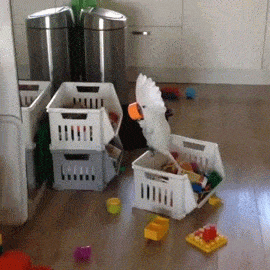
Whichever species you get (parakeet, lovebirds, cockatiels or parrots), you will soon find out that they are all noisy. “Which bird species are quiet,” you may ask? None of them! If you want a quiet bird, don’t get a bird. It comes with the territory. Even though not all of them can talk, they can still chirp, squawk, tweet, scream, and much more. Out in the wild, their powerful voices are meant to travel over great distances. So before you decide to take one home, you need to prepare for this fact, as it can reach unbearable levels.
2. Birds are Sensitive to Smell
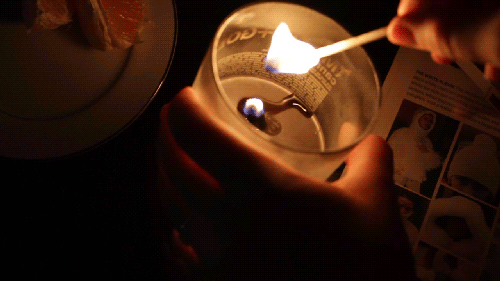
Scented candles and oils, as well as air fresheners and the like pose health risks to birds. This is because they have sensitive respiratory systems that make them vulnerable to chemicals and fumes in the environment. As such, smoking is not advised whenever near a bird. Likewise, one is advised to wash their hands thoroughly after smoking before handling a bird.
A bird’s sensitive sense of smell can also slightly affect your cookware preferences. With a bird in the household, non-stick cookware and Teflon should be removed and replaced with alternatives as these items emit an odorless fume that can be fatal to birds. You will probably need to invest in stainless steel cookware or others without non-stick, like cast iron cookware.
3. Birds are Messy
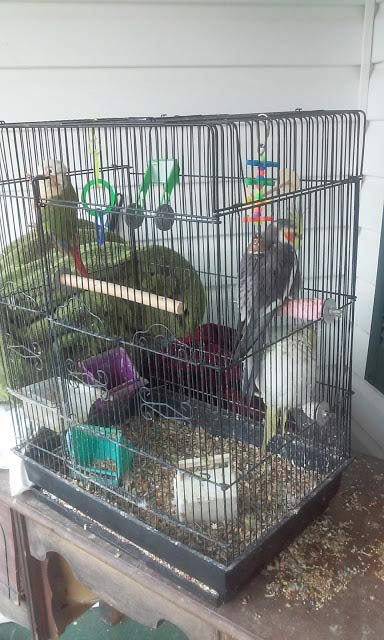
Birds eat non-stop during the day. In fact, you’ll be surprised to find lots of food bits here and there. The area around their cage, in particular, should be vacuumed regularly as the debris from food and their droppings usually accumulate there. Don’t be lazy. Vacuum. Gross.
4. Birds Have a Tendency to Chew
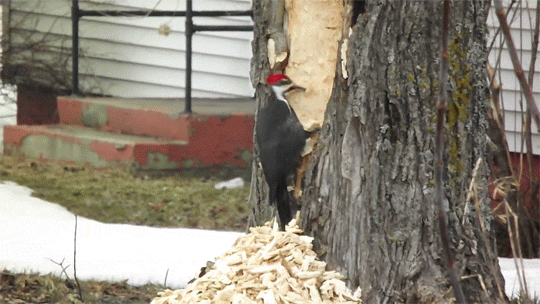
It is innate in birds to chew and destroy wood. You may think that only woodpeckers do it, but actually, all of them love to chew. Toys, picture frames, chairs, and other furniture can fall victim to a bird’s destructive bill. If you provide wood for your bird to chew, make sure it is safe! Some wood is toxic to birds for various reasons. Refer to the table here before you give your bird chewing wood or branches.
5. Birds Wake up Early
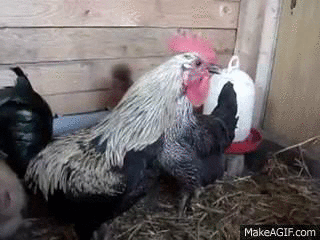
Be prepared to adjust your sleep schedule when you have a pet bird. For sure you’ve heard chickens that cock-a-doodle-doo as the sun rises. Pet birds are also the same. They may not make the same sound, but they also wake up very early. They’ll even start making a fuss if you aren’t there to serve breakfast when they’re awake. So be sure you take note of what time they usually get up.
6. Birds Live Forever
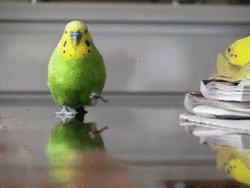
Okay, maybe not FOREVER, but you get my point. Many bird species live a long time. Probably the most important of all of these things to consider is that you are 100% positive that you are willing and able to provide a steady and stable home for your potential bird for years to come. Many of them live decades, if not over 100 years for larger parrots. Many birds find themselves in shelters or in neglect because people purchase them on a whim without considering considerable commitment they entail. Birds rely on you for their every need and it is your responsibility to give them a life of companionship, engagement, stimulation, love, and happiness for that entire time. It is a good idea for you to speak to a trusted friend or family member who can assume ownership of your bird should anything happen that would render you unable to care for it anymore.
Owning a bird has pros and cons. If you are confident that you can manage to clean up after it, train it and spend time with it, and dedicated yourself to it for its entire lifespan, only then should you consider getting one.
